
GUIDE : Buying a property in Costa Rica
You’ve fallen in love with Costa Rica's beautiful landscape, amazing weather, and friendly people, and now you're considering investing, relocating, or retiring in Costa Rica by purchasing your dream property. However, deciding to purchase a property is only a small step toward making that dream come true. Before buying a real estate property in Costa Rica, it's crucial to look for helpful resources and learn about the best places to buy, working with local expert realtors, citizenship challenges, and the legal process you will encounter throughout your real estate purchasing journey. Many of our Canadian and US clients share similar concerns when we first discuss their investment plans in Costa Rica. Almost everyone we meet wants to know about the legal requirements and possible risks of investing in Tamarindo and Costa Rica in general. Here are the six basic steps you need to know to make your Costa Rican real estate purchase successful : 1. SIGN THE SALES AGREEMENT OR PURCHASE OPTION. In Costa Rica, the buyer has two options for moving the deal closer to the final handshake after the seller and buyer have agreed on a price. First, the buyer can sign a Letter of Intent and offer. The second thing the buyer could do to wrap the exchange up is put is to sign a sales agreement: a document of a few pages, normally drawn up by your realtor, that spreads out every one of the conditions of the purchase. In addition to the agreed-upon price, payment schedule, and property description, the terms should include any limiting factors, arrangement, due dilligence terms and closing date. As a result, there are two primary considerations to bear in mind. Transferring funds to Costa Rica can take some time, as previously mentioned. Most deals arrangements require a deposit from the purchaser (generally 10%, yet that sum, similar to whatever else in the exchange, can be arranged) that allows from a week to several months to arrange the payment. The second thing to remember is that the remainder of the due diligence process will take approximately thirty days to complete. In Costa Rica, your real estate lawyer or due diligence professional shouldn't take much longer to complete the background check on your property if the preliminary due diligence went off without a hitch. If your due diligence background check reveals any deal-breakers, the sales agreement's contingency should state that your deposit will be refunded. This clause should be drafted to cover all possibilities applicable to the transaction. It will be the narrowest possible for the seller. The item you purchase also affects how much time you need to conduct due diligence. A brief background check won't be necessary for a new condo, but a 300-hectare plot intended for high-density development will take much longer. If you have a unique situation, such as a concession for the Maritime Zone or an IDA property, you must request more than 30 days for due diligence. Discuss the due diligence timeline with your attorney and realtor in that case. 2. SET UP AN ESCROW ACCOUNT. Choosing the ideal Escrow Agent for a real estate transaction is vital to purchasing. Escrow Agents can be foreign or domestic. For safety purposes, the primary role of the Escrow Agent is that money is only exchanged between parties once contractual conditions are met. Escrow activities in Costa Rica are regulated, meaning domestic escrow agents shall be registered before the Costa Rican financial regulator SUGEF. All Escrow Agents charge a fee for their service, either a fraction of a percent of the deposit or simply keep the interest accrued while the deposit is held. Either way, the fee typically comes out to a few hundred dollars. An escrow agreement shall be executed along with the Escrow Agent's appointment. In addition, other documents, such as "Know Your Client" forms (KYC), identification documents, and source of funds proof, may be required. SUGEF-regulated Escrow Agents have more compliance requirements than foreign escrow agents, as they must comply with local regulations. 3. DUE DILIGENCE. Costa Rica does not have title insurance; thorough due diligence is essential to a purchase decision. Due diligence is a process whereby the buyer – through a legal firm or attorney - systematically research and verifies the legitimacy and accuracy of the title as well as the contingencies that could cloud it, such as taxes, debts, liens, encumbrances, lawsuits, zoning and building restrictions, utility availability, etc. In Costa Ric a , real estate attorneys specialize in preparing due diligence studies. They will draft a due diligence report with all the information obtained and a summary of all the key points needed for the buyer to make an informed decision. Keep in mind that your real estate lawyer will suffice if you are purchasing a condominium in a development with all its ducks in a row. In the event that, in any case, you're purchasing a structure or a land parcel where you believe that should do a development of some kind, be it an expansion on a house or a 200-unit improvement, it will be important to do a more nitty-gritty examination to ensure you will actually want to get the grants essential for the undertaking you have as a top priority. That could necessitate anything from a preliminary environmental impact study to a site survey. 4. SET UP A CORPORATION. Setting up a corporation may be wise if you invest in Costa Rica. The two most common corporations in Costa Rica are "Sociedad Anónima," abbreviated as "SA," and "Sociedad de Responsabilidad Limitada" or "SRL." Some reasons to do business through a corporation in Costa Rica are ; Separate patrimony. Costa Rican law considers corporations to be separate entities from their representatives, owners, or stockholders and, as such, have separate patrimony. Suppose a claim is filed against the corporation. In that case, the personal assets of the representatives or stockholders may not be pursued and vice versa, except for particular situations, such as criminal cases or family disputes. Operate your company remotely. From a practical standpoint, corporate operation and decision-making can be done by proxy for foreign owners who do not reside in the country or may reside in Costa Rica but travel constantly. Therefore, being physically in Costa Rica is optional to make corporate decisions, execute agreements, purchase property, or close transactions. Estate planning. A company is an excellent vehicle for estate planning and securing assets and belongings under one entity. It also facilitates setting up a will and probate and reduces procedures and costs. 5. EXECUTE THE PURCHASE DEED. As with nearly everything else in the transaction, the location of the closing varies depending on the structure of the deal. Typically, it takes place in the buyer's lawyer's office. If a bank is providing substantial financing, the transaction will take place in the bank. Your attorney, you, the buyer, the seller, and a notary public will attend the closing. When you and the seller seal the deal and the notary registers the deed in his Notary Public's Protocol Book, it is likely that the notary will also be one of the lawyers present at the closing. The purchase and sale deed must be incorporated in a Notary Public's Protocol Book and registered in the Costa Rican Public Registry to be binding and enforceable against third parties. The purchase and sale deed is the primary document to close the deal, and it should reflect all final terms agreed upon during all transaction stages. 6. REGISTER IT BEFORE THE PUBLIC REGISTRY. There is a registration process that, by law, shall take about 10 business days, and a new title in the buyer's name/corporation shall be obtained once completed. At this stage, all final numbers are settled, and disbursement instructions are signed by the parties to pay the seller, lawyers, notaries, realtors, lenders, and any other third party that rendered services in connection with the transaction. A registrar receives the document from the notary after the notary has paid for all of the necessary stamps and fees for registration. If there are no issues with the document, the registrar may take up to 10 business days to register the deed. When the deed is enlisted, you will have the option to go to the Public Library's Site, type in the finca number, and raise the property enrolled under your name or the name of your corporation. However, there are times when it takes longer than a few weeks, typically due to not complying with registration requirements. The document is then returned to the notary by the registrar for correction, and it is the notary's responsibility to revise and resubmit it. Once a docuement is resubmitted a new 10 business day term will initiate. IN CONCLUSION We hope this information has been helpful by providing a clear basic understanding of the steps to be taken when purchasing Real Estate in Costa Rica. Our goal is to guide you and help you find your dream real estate property in Tamarindo and Costa Rica. Ultimately we want to make your Costa Rica real estate purchase experience positive, secure, and easy. This Guide has be written and udated in parnership with Gonzalo Rojas B. from Quatro Legal our legal partner for all real estate transactions in Costa Rica. Looking for Build or purchase a Luxury Property in Guanacaste , Tamarindo, Costa Rica? We are here to help! Whether you are already set on a particular lot or are still exploring the real estate options in Costa Rica, specifically in Guanacaste, Tamarindo, we are eager to assist you in navigating this world of opportunities. At Costa Rica Life Group - Engel & Völkers , we focus on you. Our goal is not to sell you a property but to genuinely help you find the ideal one that meets your needs and preferences. We take pride in building relationships with our clients and promise to offer the quickest communication and best services in the industry. Why not put our expertise to the test? Give us a chance to impress you with the numerous possibilities available. We are confident that we have some of the best Costa Rica luxury real estate, with an array of condos, homes, land, and businesses for sale. Book a free consultation Here
Categories
Recent Posts

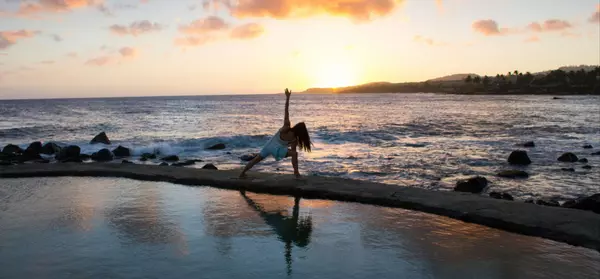
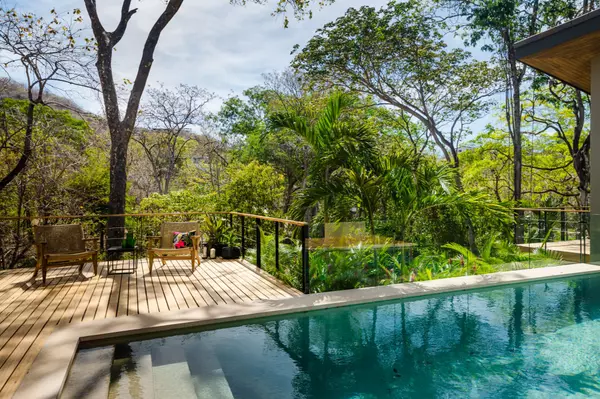
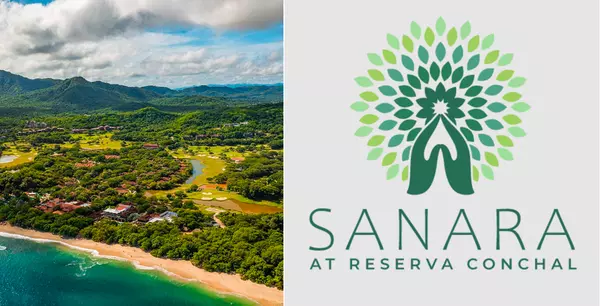
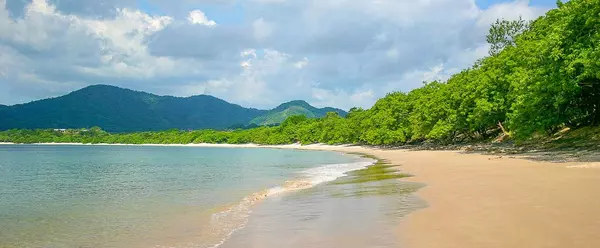
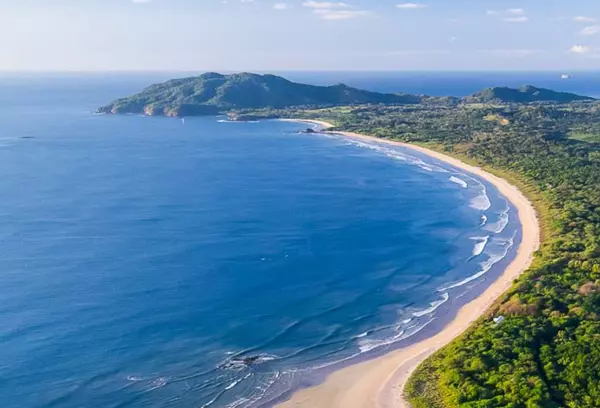


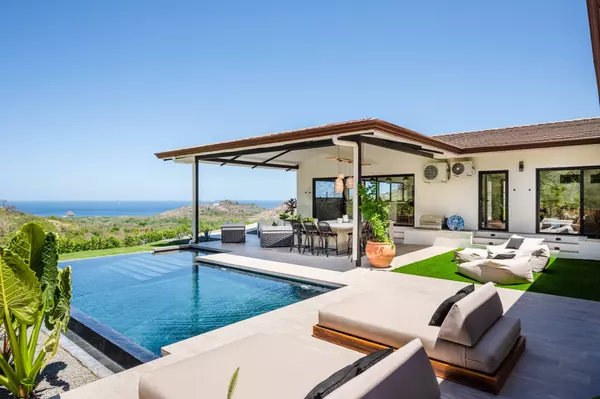
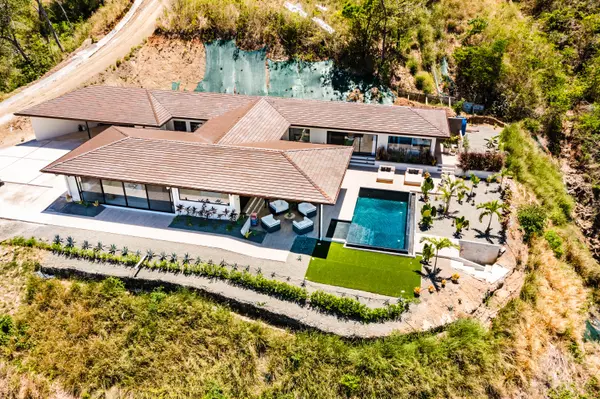
YOUR REAL ESTATE ADVISOR

